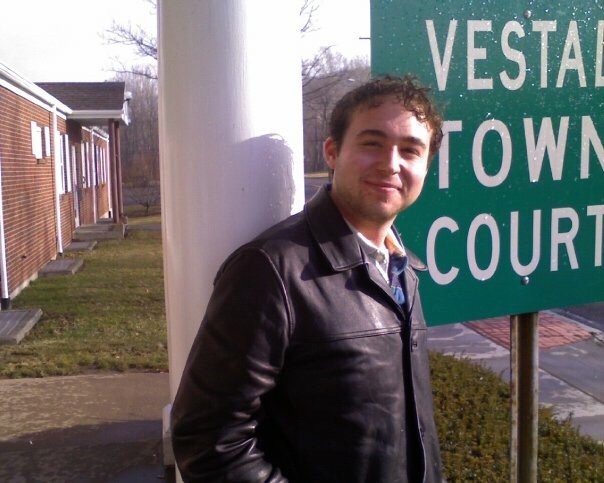Psychosis is experienced by people carrying its active constellation of corresponding and altogether unique symptoms differently. At different times, along a spectrum, psychosis symptoms exist in a dark harmony, sometimes feeding off one another, and sometimes, working in complete isolation. The spectrum intensifies in many cases over time upon initial activation. The spectrum of psychosis symptoms delineates how the symptoms are experienced individually, i.e the timing, triggers, age and developmental circumstances around the symptoms activation and life circumstance. The intensity of the corresponding symptoms, and their subsequent manifestation into behavior, and possible impact on a person’s mood are also all individual. Almost every aspect of how psychosis is experienced by someone is individual to that person. The only universals are how the symptom is clinically treated, how our society handles people actively experiencing the symptom, and our view and biases that go along with people in crisis due to unmanaged persistent psychosis symptoms.
What is not talked about too often is the otherworldly nature of psychosis as its first activating. There is certain mystique to psychosis. Indeed, psychosis does distort how we perceive reality, and plays around with our level of attachment to the world. But, without question, for people in extreme situations, unusual situations, experiencing a new or reoccurring crisis, and bizarre situations which complicate our existence as we know it, the introduction of a new angle or world-view can sometimes be very exciting and seemingly needed to pull ourselves out of a holding pattern. The symptoms impact on the individual may indeed seem welcome, timely and what’s needed to experience a needed change. In my own experience, my psychosis symptoms activated at the very moment I needed to experience a change and adjustment in my life, how I interacted with the world, and how I understood it.
Indeed, when a person needs to make an adjustment or life change, activating psychosis symptoms can paint the world in more palatable colors, and perhaps even shift your perception enough to identify alternate and new solutions to existing problems which continue to persist because you havent been able to step outside your own perspective. Job loss or unemployment, relationship changes, and major life circumstance adjustments are very difficult to tolerate. indeed the DSM-5 diagnosis of an Adjustment disorder exists as primarily the pathway to greater more complex issues if we let our problems go unresolved for long periods of time. Given people experiencing an adjustment disorder are unhappy with how the change feels, or how it impacts the thought process, our behaviors may ultimately be impacted by the distress involved from whatever trauma we are passing through in the moment.
Thus, the brain goes ahead and activates psychosis symptoms so the body can more easily tolerate the change without feeling or thinking about the problem as intensely and as painlessly as possible. There is a reason why homeless people suffering from psychosis usually became psychotic after they lost their home and need to adjust to life on the streets. People who go through major life adjustments can take solace and comfort in the initial stages of psychosis. Psychosis and its manifestation, how the individual is ultimately impacted will be different for each person experiencing the symptom, but generally, over time, and in the presence of additional stressors, the symptoms worsen and become unmanageable. So, the gradual and welcome shift in perception will seem and feel welcome for a while, but, if the same stressors continue to aggravate, agitate, worsen or persist, expect the detachment to increase, and a sharp departure from reality to be in your cards in the near distant future.
For the person adjusting to life on the streets, or going through a tremendous loss, anything a person needs to do to cope with their reality our minds during a crisis will accomodate for to make the change work. Sometimes, the mind doesn’t work the way it should. In the case of psychosis activating, it may seem to work for a period of time, but ultimately, the symptoms are overwhelming and become so profound that life becomes too distant and unrecognizable to live without incident. I am suggesting that initially, some variance in our reality may seem appealing, but as the symptoms worsen and become more extreme, the inter-play between our already stressed situations and our bodies response to the stress is overwhelming, disturbing, and can be very scary to experience. There is no question that those of us prone to psychosis becoming active, or reactive chronically understand this mystique about the way our bodies experience this response to whatever we want to escape or sometimes forget because it’s so traumatic or just worth forgetting.

J. Peters
Book Author.









0 thoughts on “The Mystique of Psychosis”
Pingback: The Changing of Signs🔮 | Recovery Now❗️